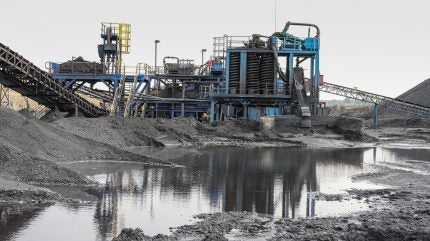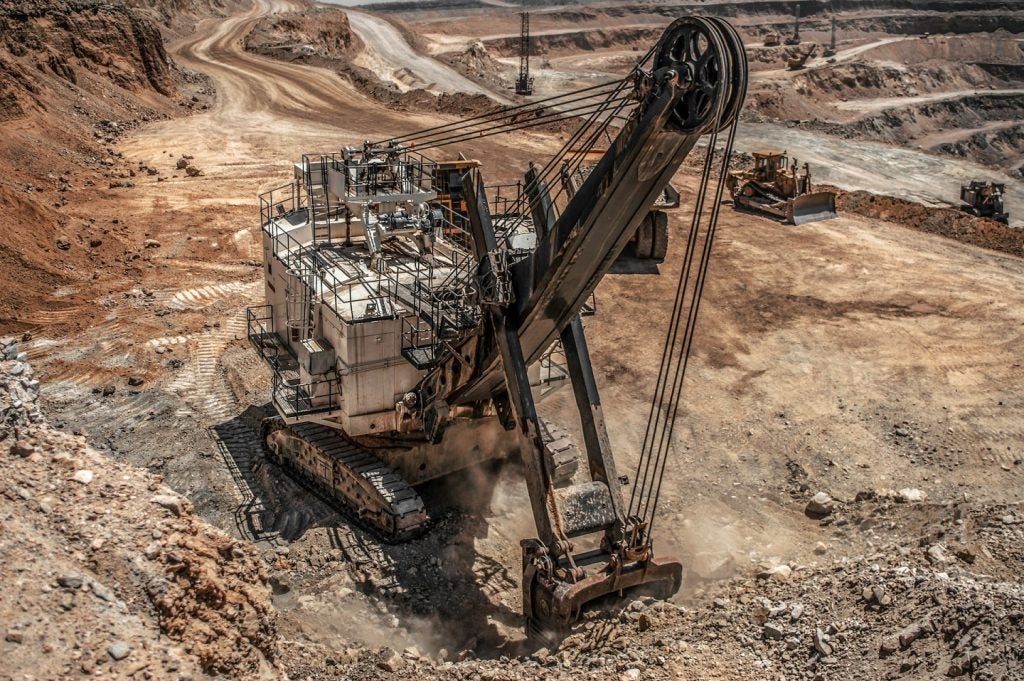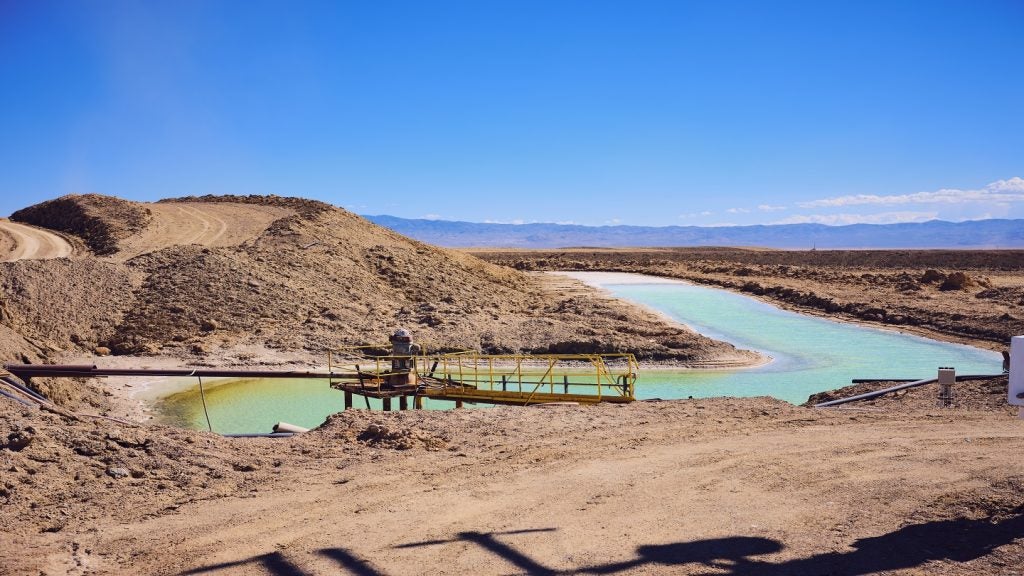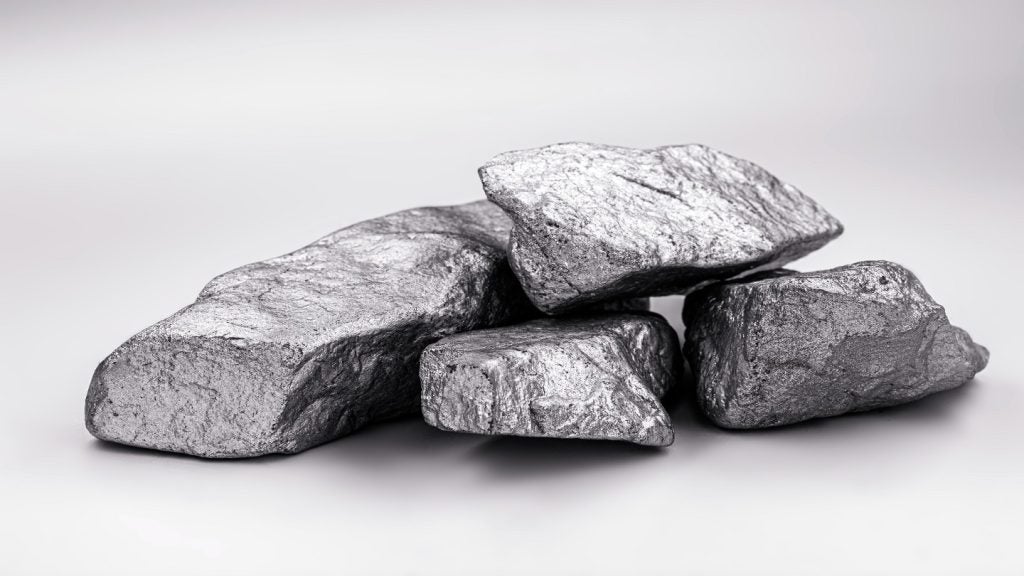
The US, Canada and several indigenous groups have unveiled a proposal aimed at addressing the long-standing issue of pollution from coal mining in British Columbia, BNN Bloomberg reported.
This pollution is said to have been contaminating waterways and harming fisheries across the US-Canada border for years.
The initiative will be implemented through the US-Canada Boundary Waters Treaty, with the establishment of independent boards to assess the pollution’s impact and recommend remediation strategies.
Coal extracted from the region utilises a method known as mountaintop removal, and is sold to foundries for steel and metal production.
The process releases a chemical that, when coal is mined and washed, can be toxic to fish, aquatic insects and the birds that feed on them.
Selenium concentrations, a byproduct of this mining activity, have been on the rise in water entering Lake Koocanusa for decades.
How well do you really know your competitors?
Access the most comprehensive Company Profiles on the market, powered by GlobalData. Save hours of research. Gain competitive edge.

Thank you!
Your download email will arrive shortly
Not ready to buy yet? Download a free sample
We are confident about the unique quality of our Company Profiles. However, we want you to make the most beneficial decision for your business, so we offer a free sample that you can download by submitting the below form
By GlobalDataResearch indicates that this rise is directly linked to coal mines in British Columbia’s Elk River Valley.
The Elk River feeds into the Kootenai River, which crosses into Montana from Canada, then flows through Idaho and eventually merges with the Columbia River.
The diplomatic groundwork for this proposal was laid in March 2023 when US President Joe Biden and Canadian Prime Minister Justin Trudeau announced their intention to reach an “agreement in principal”.
The agreement, developed in partnership with tribes and First Nations, aims to reduce pollution in the Elk-Kootenai watershed in the coming months.
White House Council on Environmental Quality lands senior director Stephenne Harding was quoted by the news agency as saying: “All the parties know that time is of the essence.
“The pollution levels in this system are increasing and we need shared solutions to protect people and species. This process helps bring together all the data and the knowledge… so we have it in one place where we can make important decisions.”






